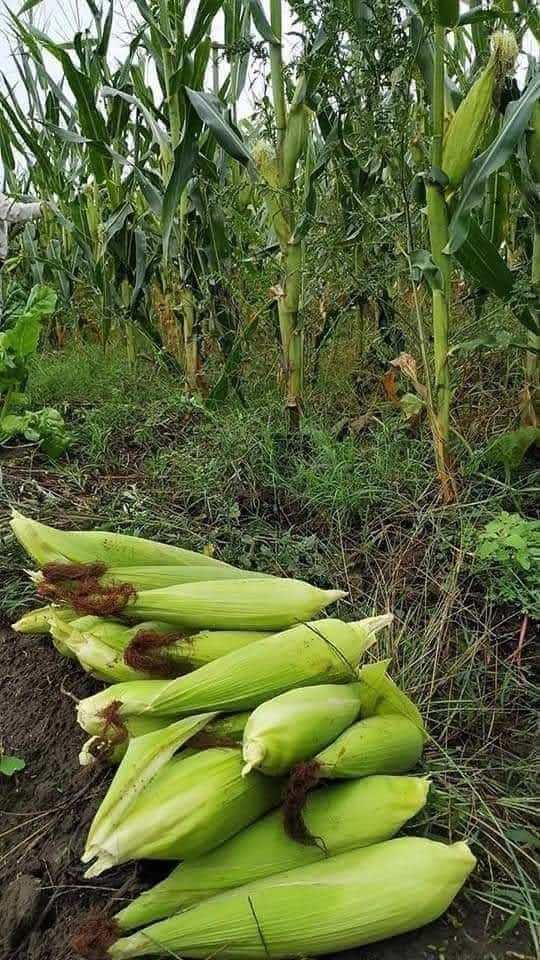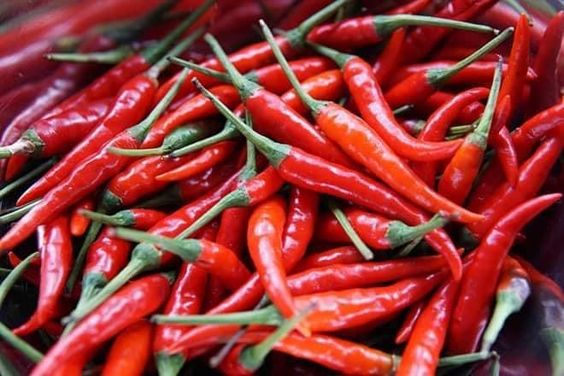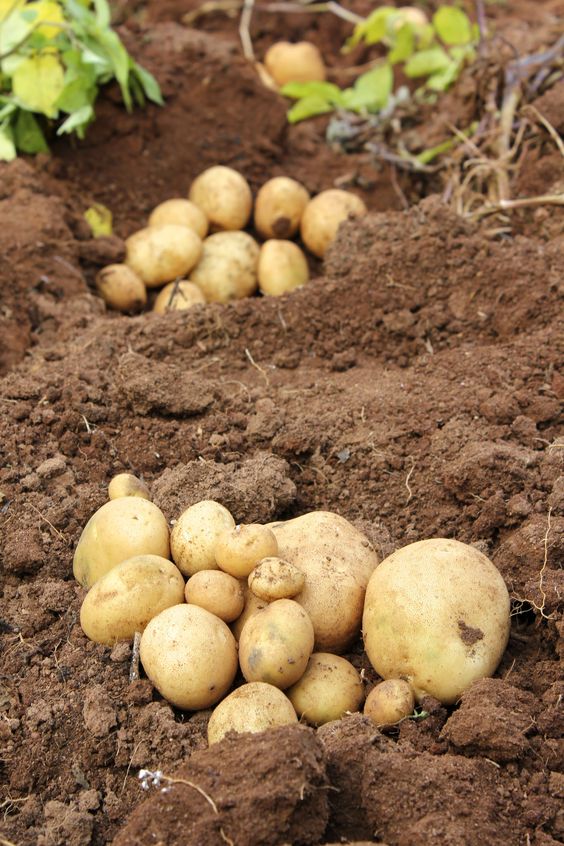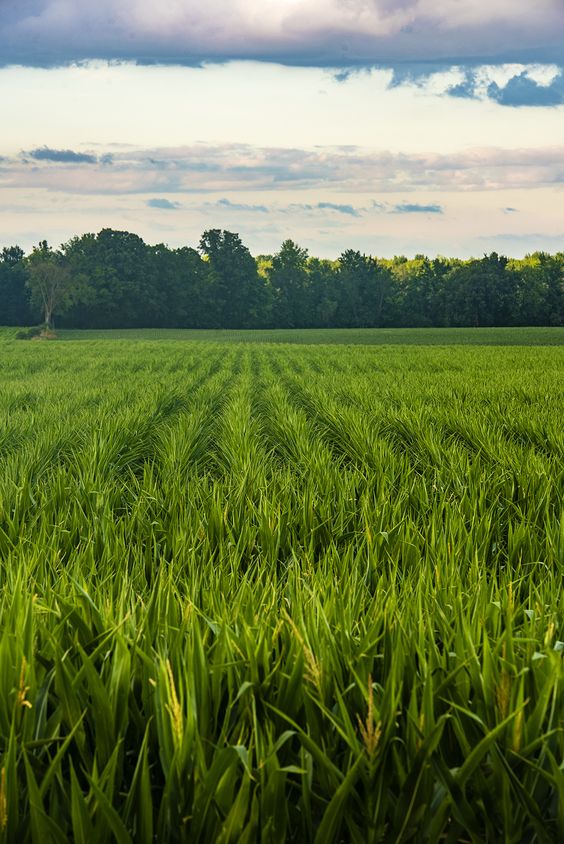From Field to Fork: How Processed Corn Products Drive Smart Agriculture in Indonesia
Processed Corn Products, a versatile and widely adaptable crop, is a staple food source for millions in Indonesia. But its significance goes beyond the dinner plate. Corn plays a crucial role in Smart Agriculture, a revolutionary approach that leverages technology and data to optimize agricultural practices. This article explores the fascinating connection between processed corn products and smart agriculture, highlighting how advancements in this sector are shaping a more sustainable and efficient future for Indonesian agriculture.
Corn: A Powerhouse for Smart Processed Corn Products
Corn’s journey from field to fork doesn’t end with human consumption. The processing industry transforms corn kernels into a diverse range of valuable products, including:
- Starches: Used in various food and industrial applications, providing thickening, binding, and texturizing properties.
- Sweeteners: High-fructose corn syrup (HFCS) and dextrose offer alternatives to traditional sugars.
- Fuel Ethanol: A renewable biofuel source for transportation.
- Feedstock: Corn co-products and distillers’ dried grains with solubles (DDGS) provide high-energy animal feed.
These processed corn products play a vital role in smart agriculture by:
- Supporting Data-Driven Decisions: Corn processing facilities generate valuable data on grain quality, yield variations, and nutrient deficiencies. This data can be fed into agricultural management systems, helping farmers make informed decisions about planting, fertilization, and irrigation.
- Optimizing Resource Utilization: The processing industry efficiently utilizes every part of the corn kernel, minimizing waste. Corn cobs and stalks can be converted into biofuels, further enhancing resource efficiency.
- Creating a Circular Economy: Corn processing byproducts, like DDGS, find new life as high-protein animal feed, reducing reliance on traditional sources like soy, which can contribute to deforestation.
- Promoting Innovation: The processed corn industry is a constant source of innovation. Research and development in corn processing technologies can lead to improved crop varieties, more efficient processing methods, and the creation of novel products with agricultural applications.
Indonesian Corn Processing: A Catalyst for Smart
Indonesia, with its vast agricultural potential and growing population, has a critical opportunity to leverage smart agriculture practices. The processed corn industry can be a key driver of this initiative. Here’s how:
- Investing in Precision Agriculture: Processed corn companies can collaborate with farmers to implement precision agriculture techniques. This includes using sensors to monitor soil health, moisture levels, and nutrient availability. Based on this data, farmers can optimize fertilizer and water usage, leading to increased yields with minimized environmental impact.
- Developing Traceability Systems: Implementing robust traceability systems allows for transparent monitoring of the entire corn value chain – from farm to processing facility to final product. This empowers consumers to make informed choices and provides valuable data for farmers to identify areas for improvement.
- Supporting Farmer Education: Processed corn companies can play a vital role in educating farmers about smart agriculture practices. This can include conducting workshops, providing access to online resources, and offering technical assistance.
Challenges and Opportunities
Despite its potential, the Indonesian processed corn industry faces challenges in fully embracing smart agriculture:
- Infrastructure and Connectivity: Rural areas often lack reliable internet access and sensor technology infrastructure. Investments are needed to bridge this digital divide and ensure farmers can utilize smart agriculture tools.
- Data Security and Privacy Processed Corn Products: As reliance on data increases, robust data security measures are crucial to protect farmers’ privacy and ensure data integrity.
- Investment Considerations: Implementing smart agriculture solutions requires initial investment. Incentive programs and collaborative partnerships can help offset these costs and encourage wider adoption.
Conclusion: A Sustainable Future for Indonesian Agriculture
The synergy between Processed Corn Products and smart agriculture presents a unique opportunity for Indonesia.Processed Corn Products By harnessing the power of data, technology, and innovation, the processed corn industry can contribute to a more sustainable and efficient agricultural future. This future promises increased food security, resource conservation, and improved livelihoods for Indonesian farmers. Through collaborative efforts between the processing industry, government agencies, and farmers, Indonesia can unlock the full potential of smart agriculture, ensuring a bountiful harvest for generations to come.




